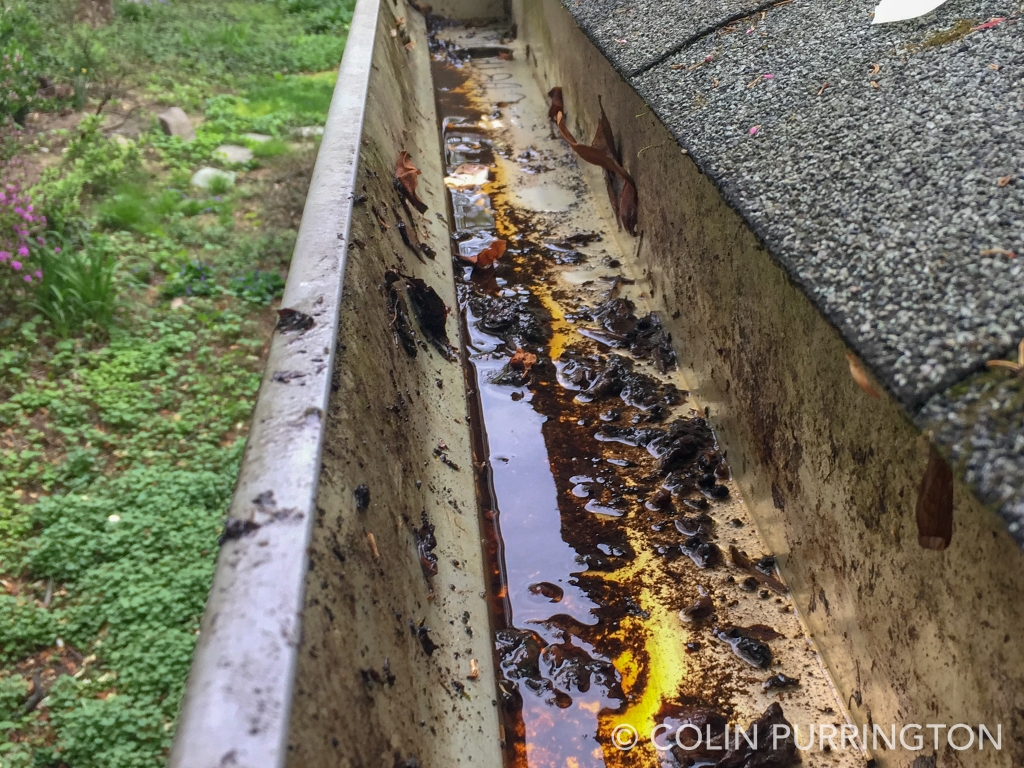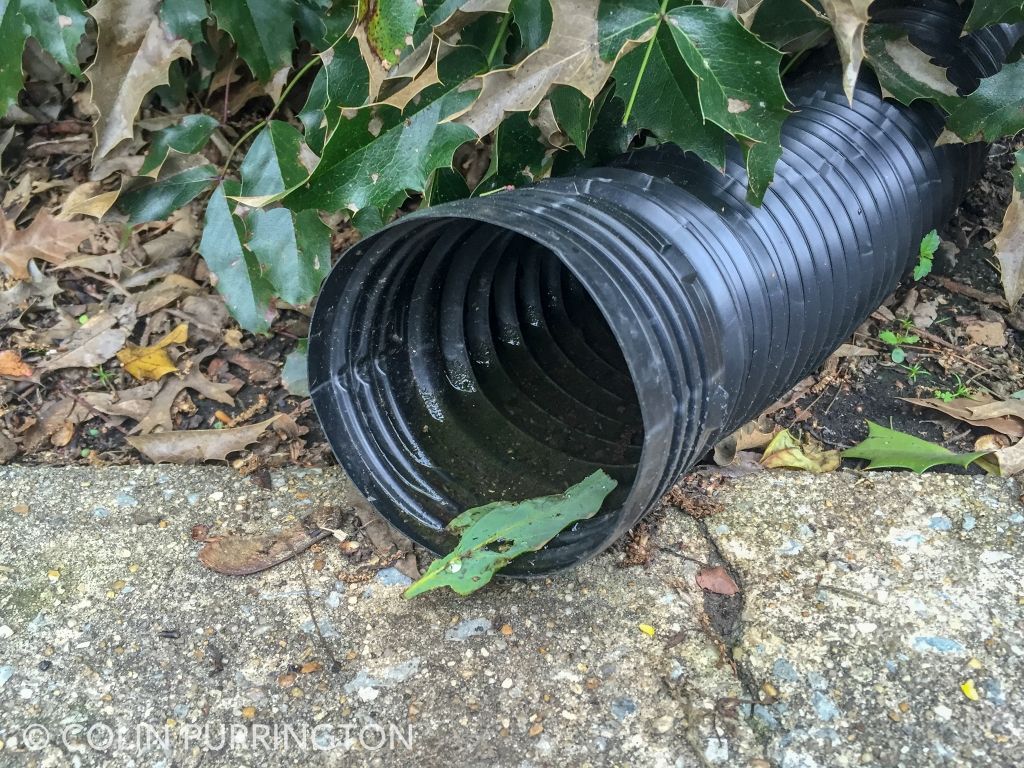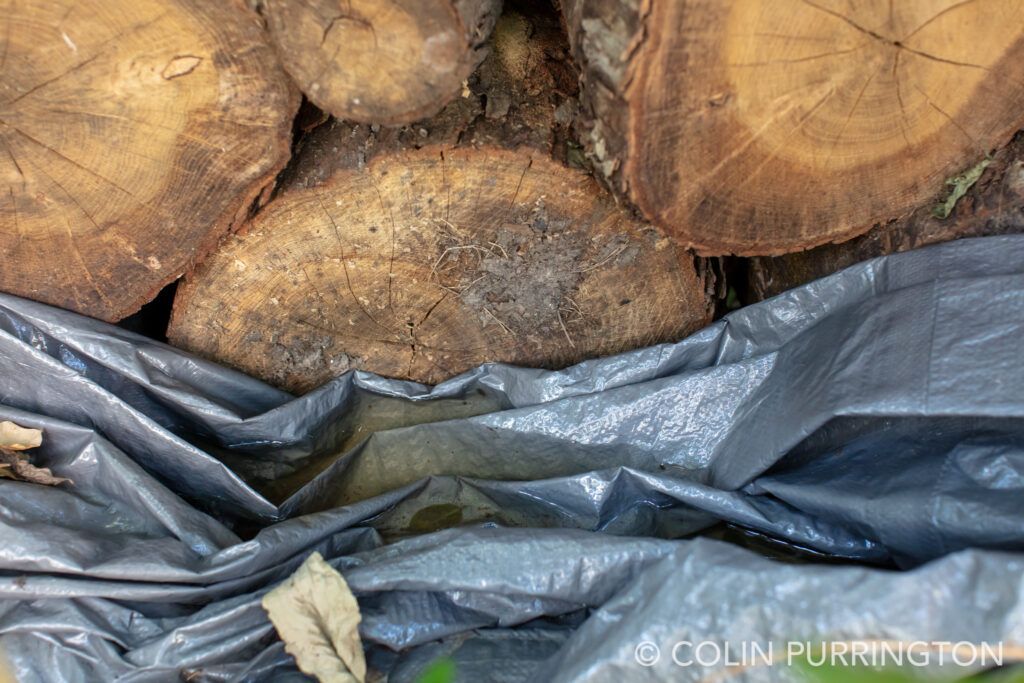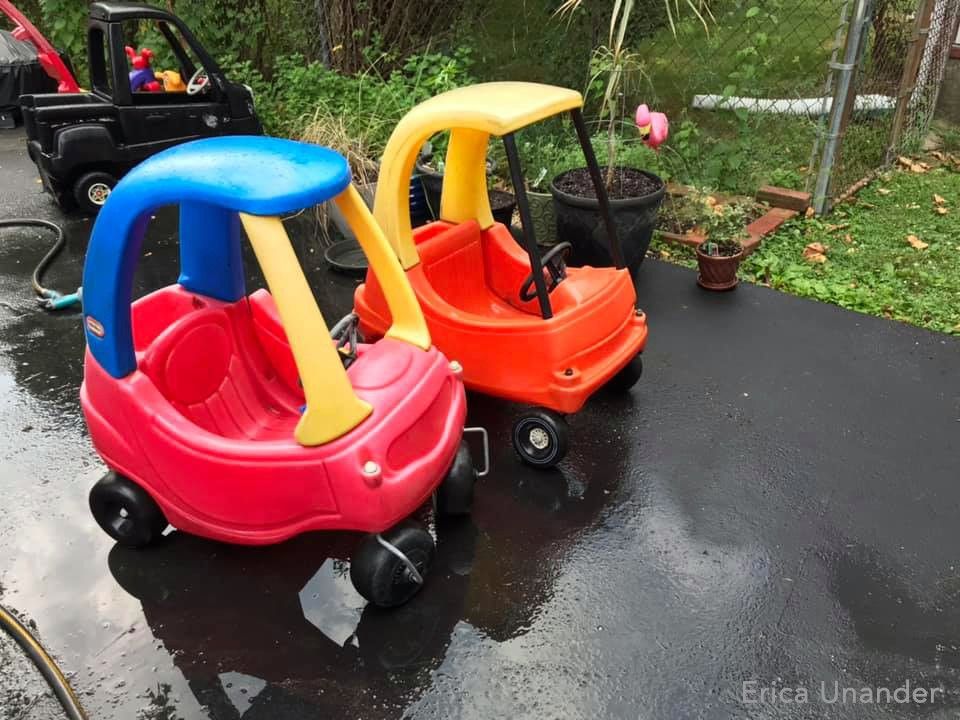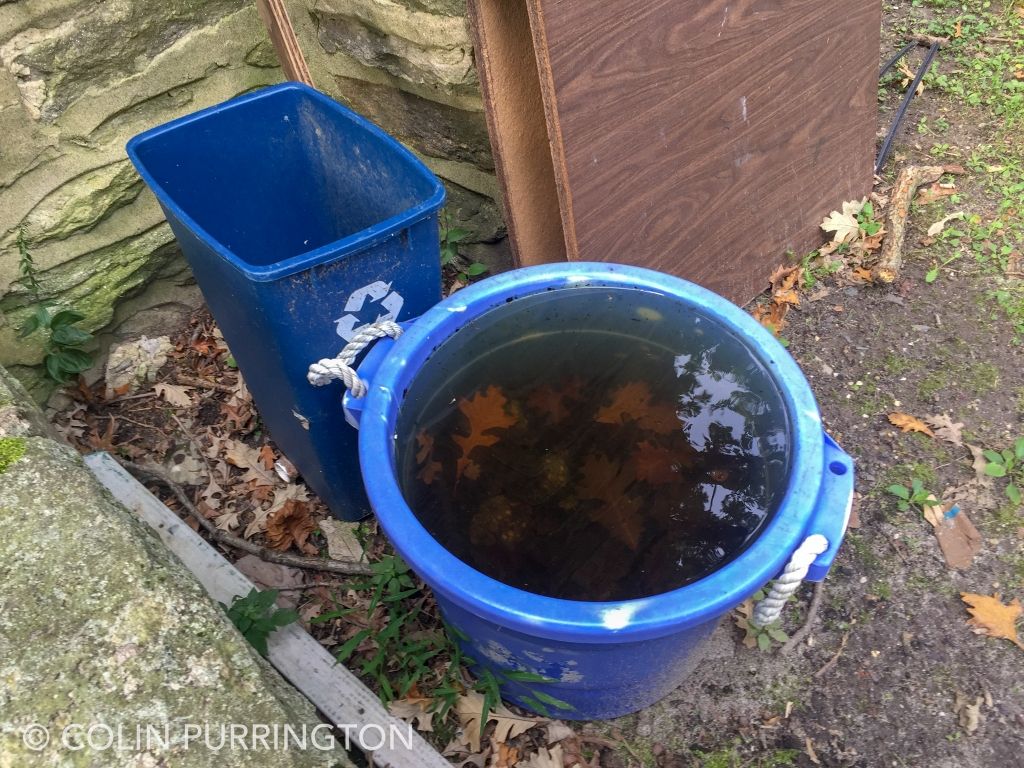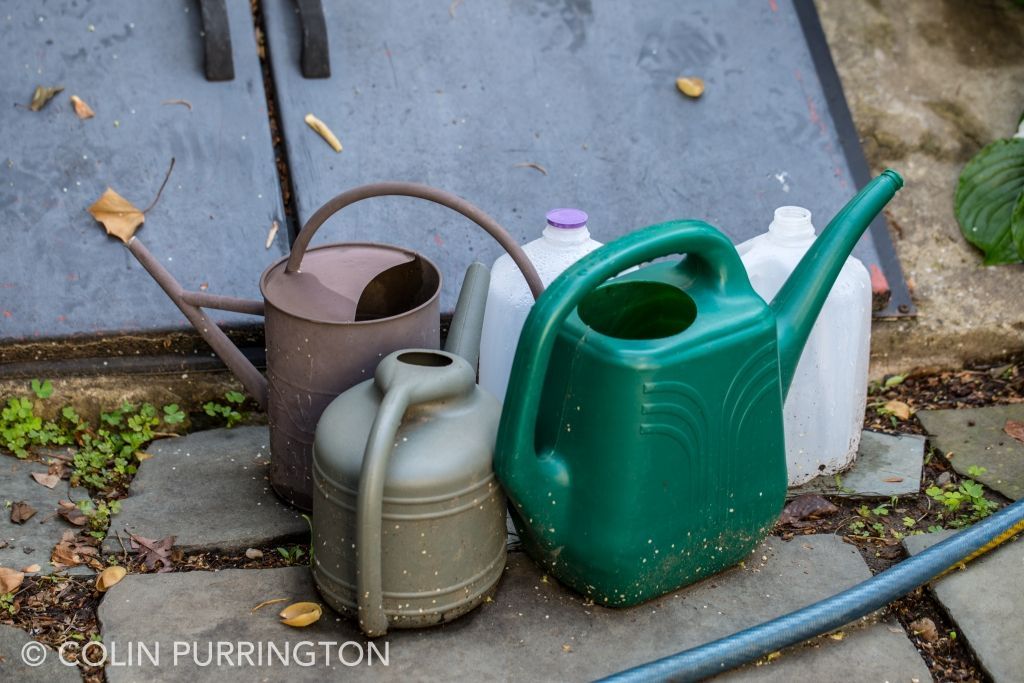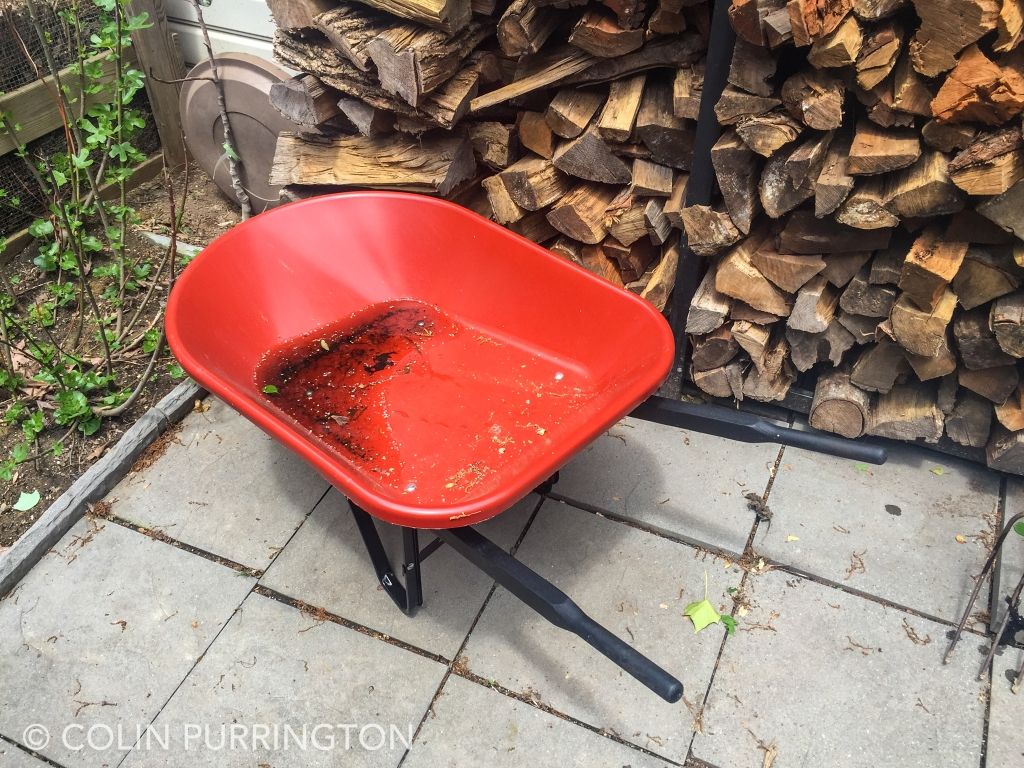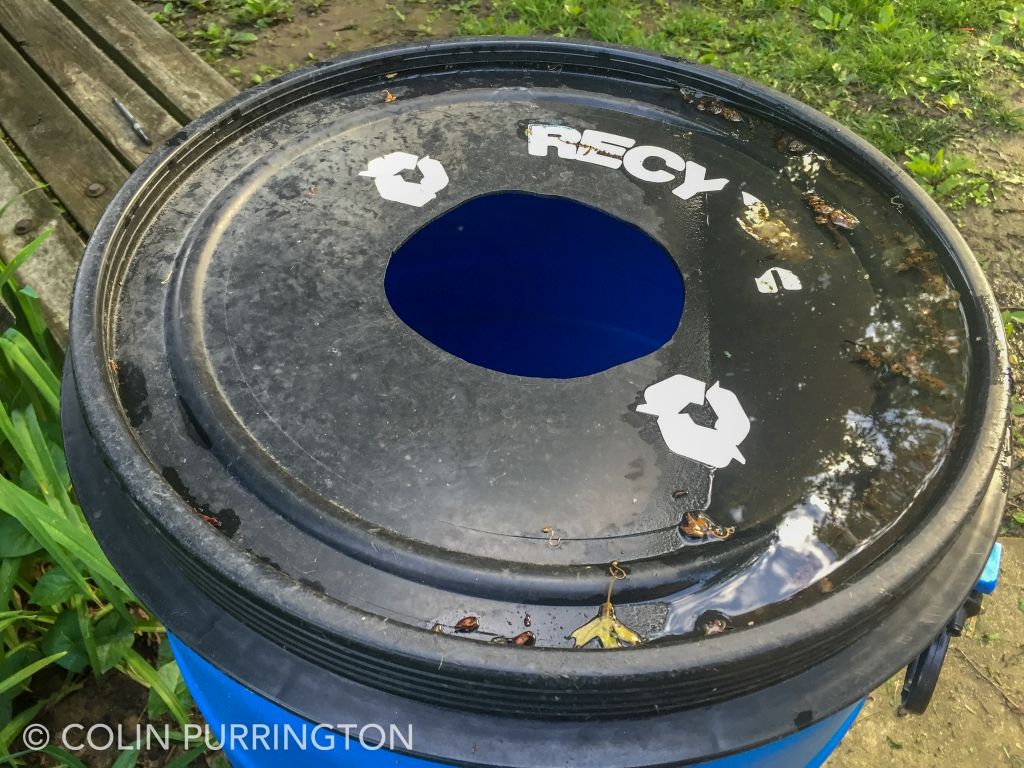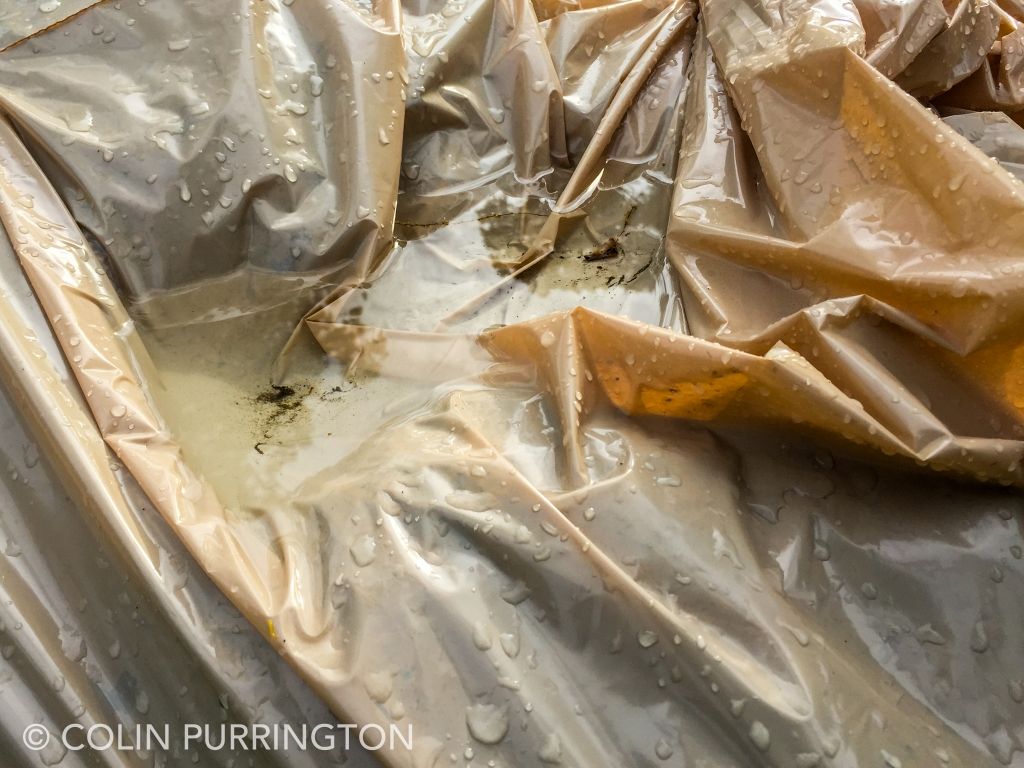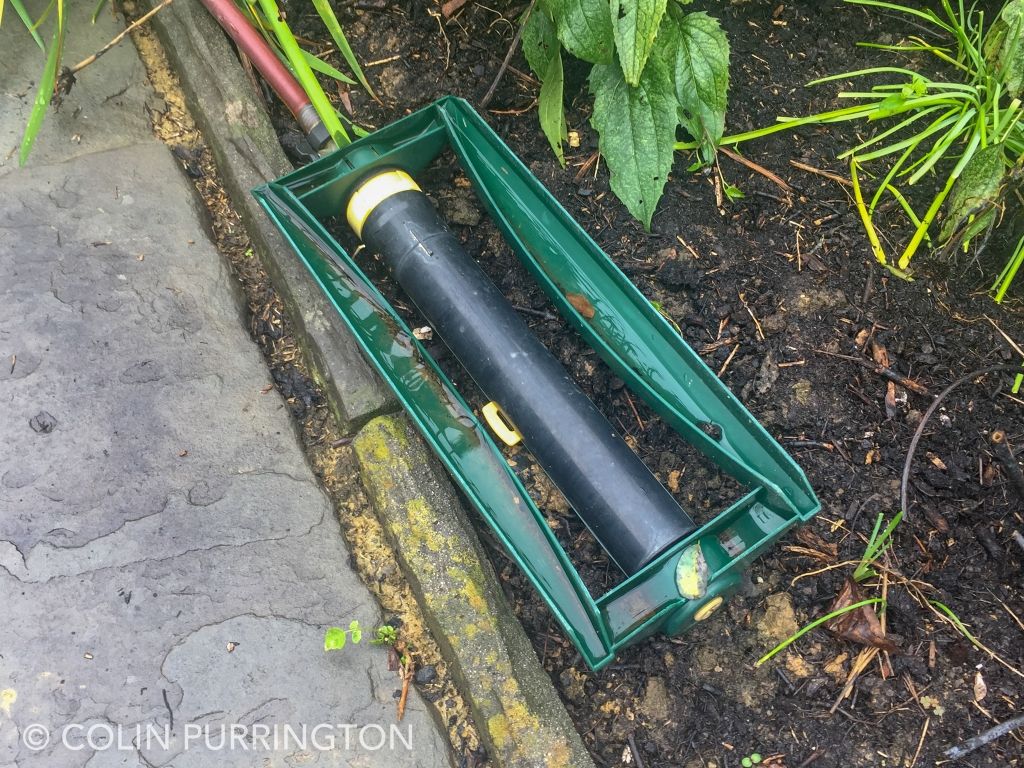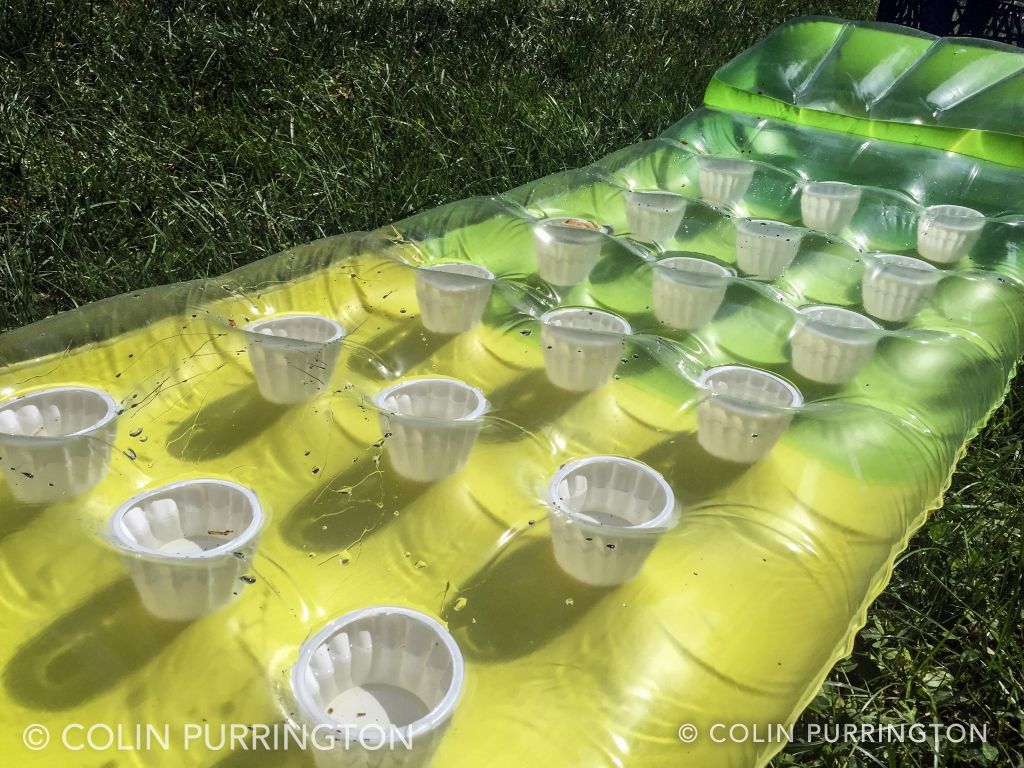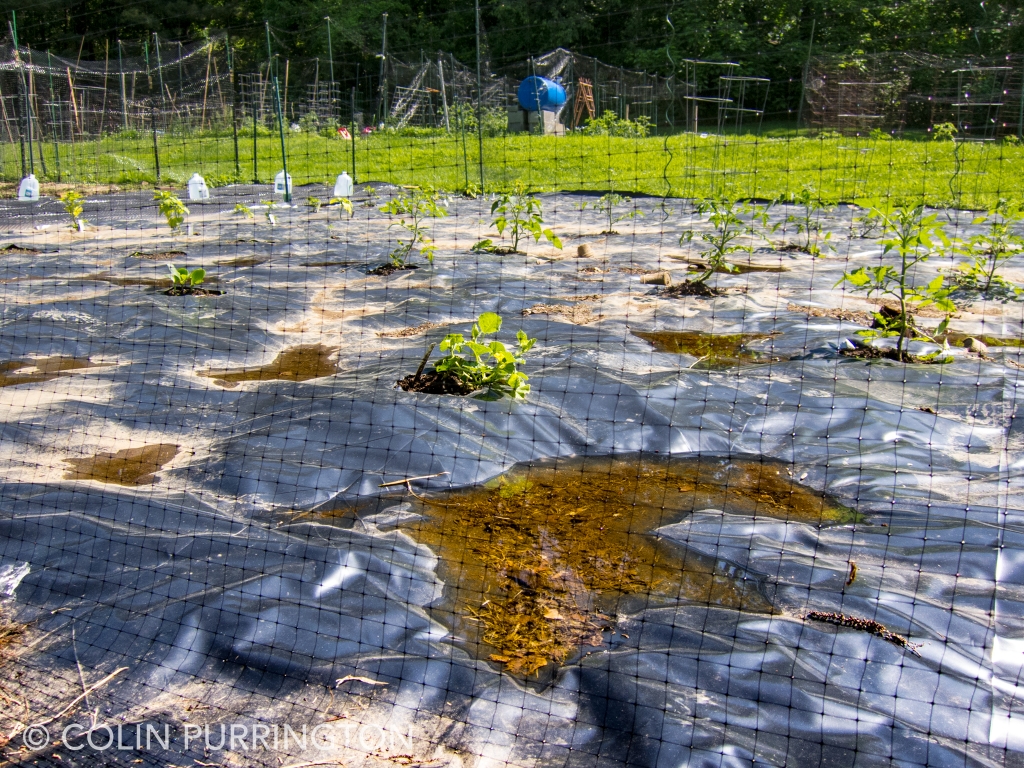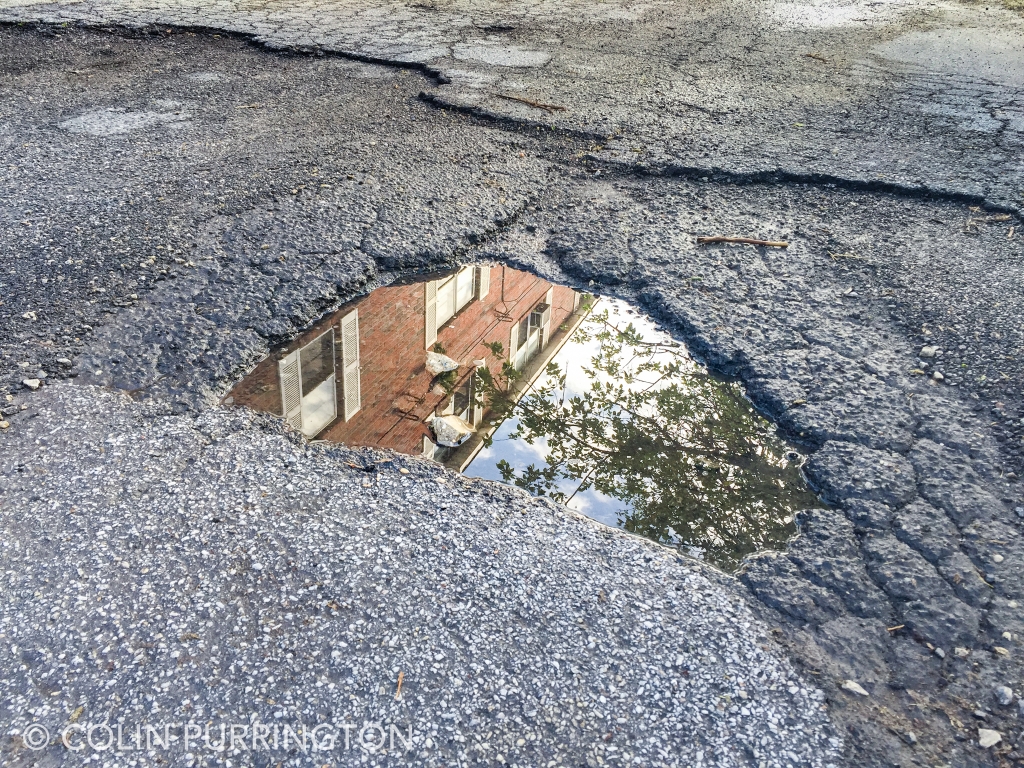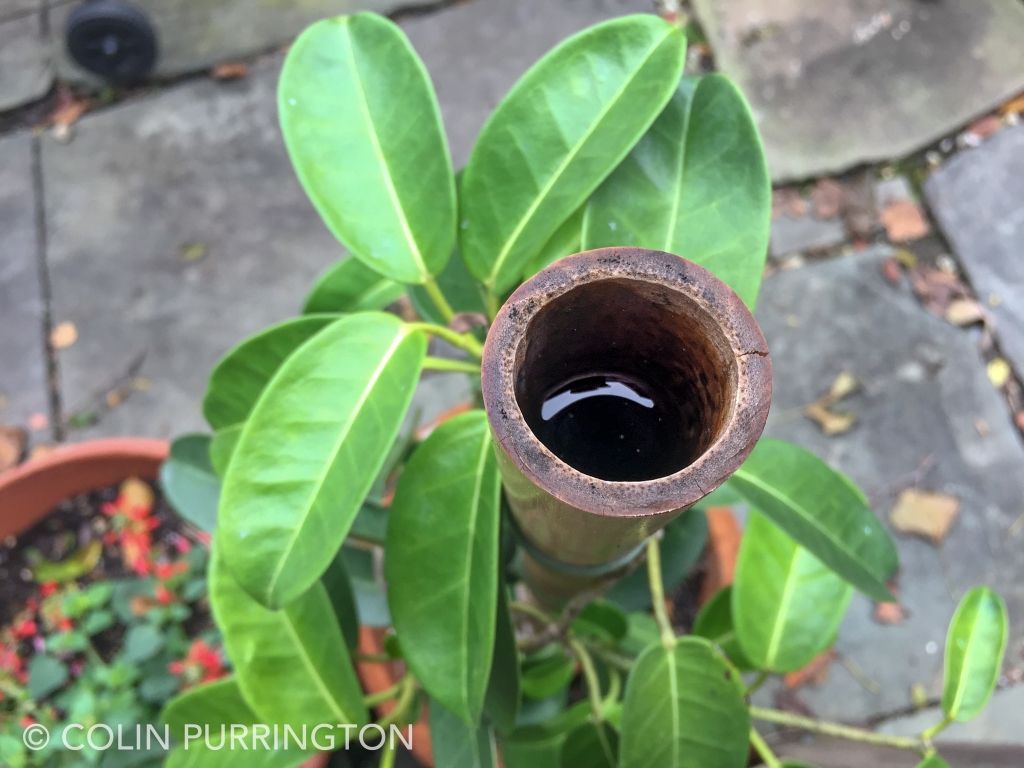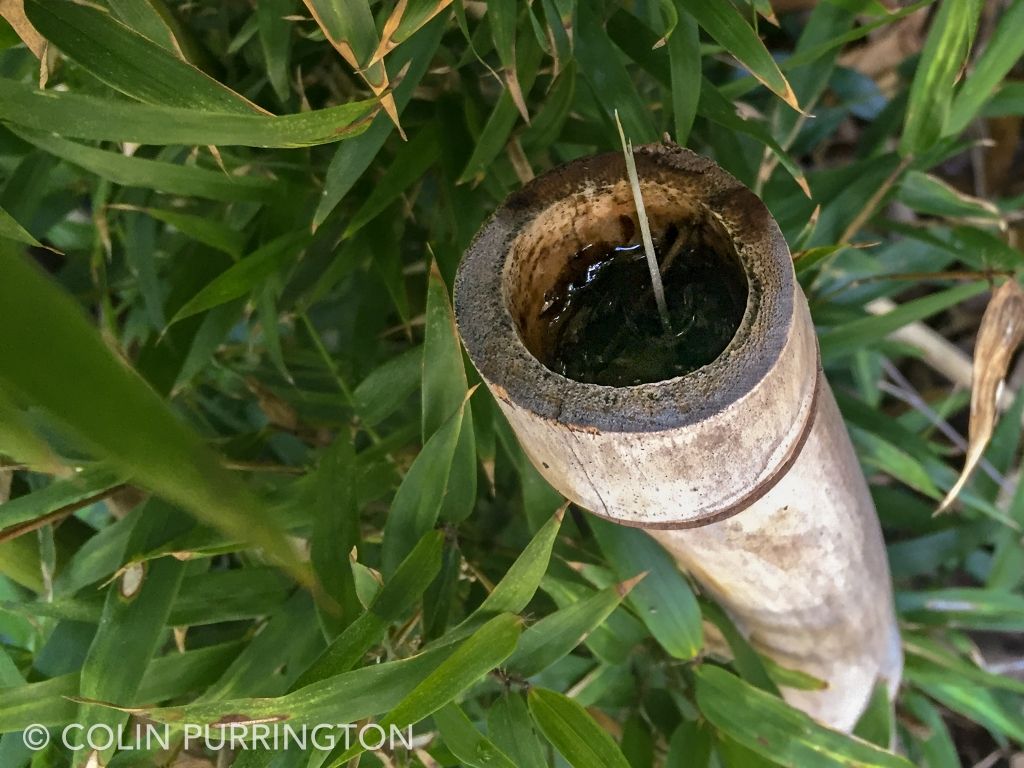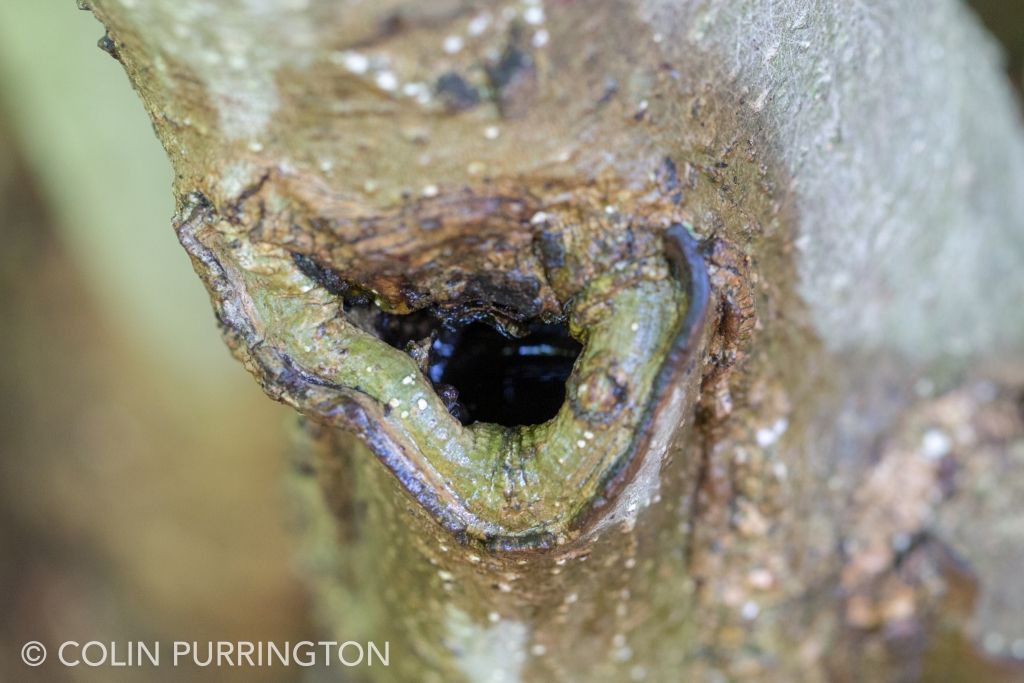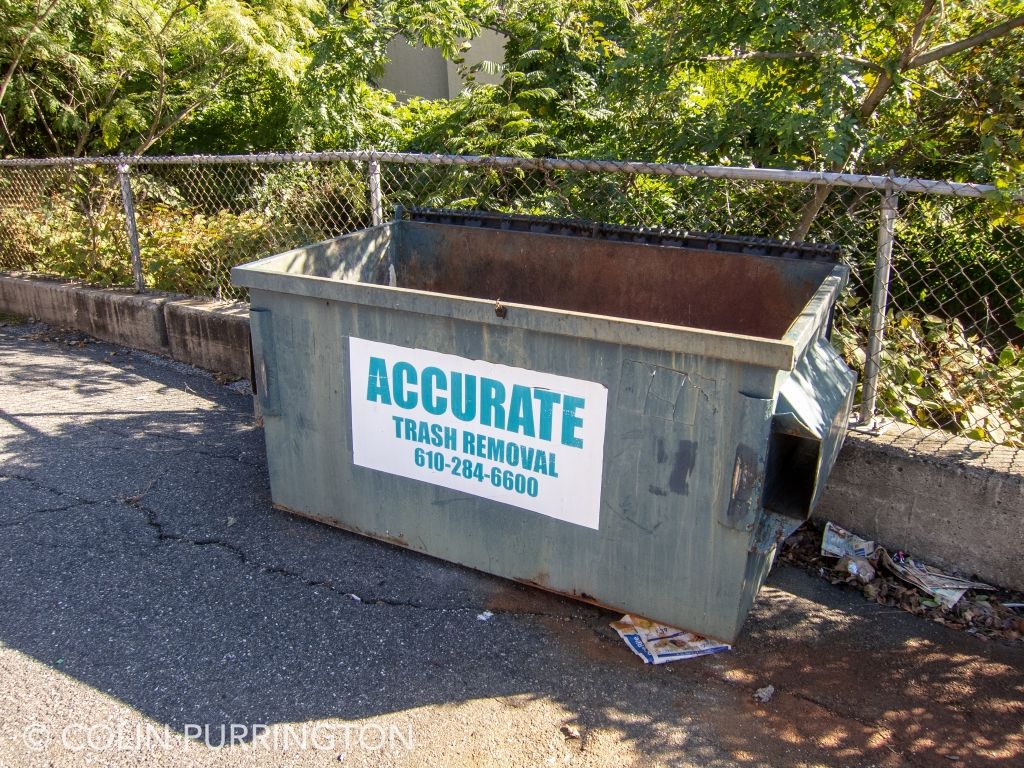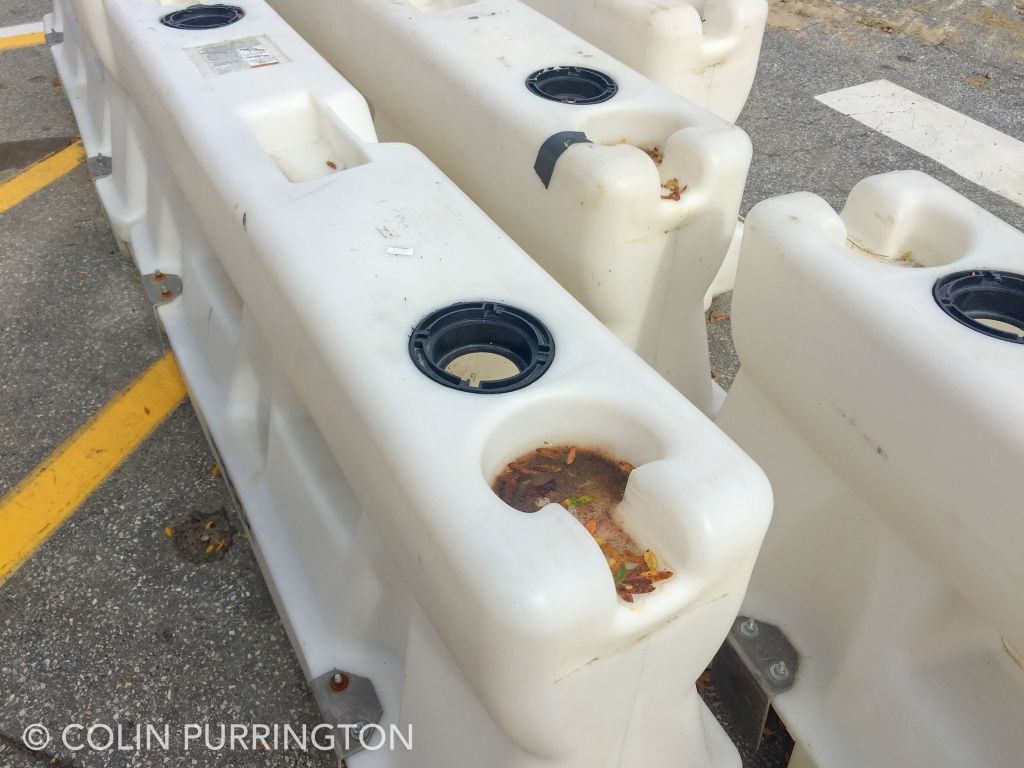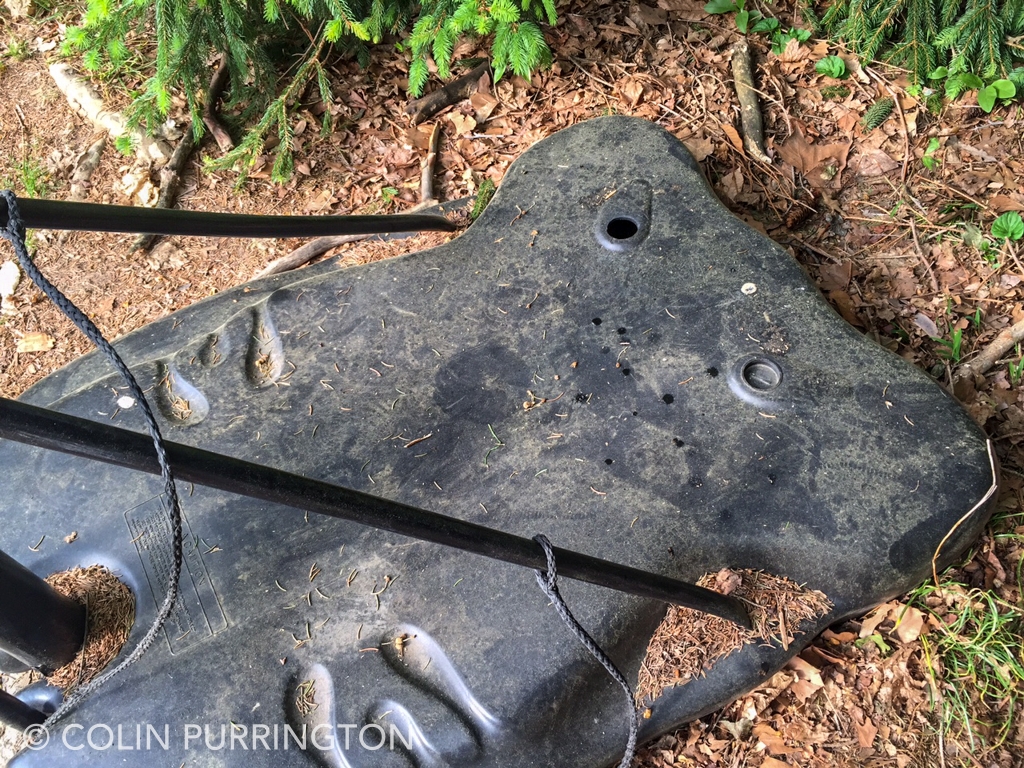Health officials love to remind people to use DEET and other CDC-approved repellents, but they tend to shy away from telling the public what doesn’t work. As a result, millions of people embrace ineffective techniques and gimmicks. These people are not only subjecting themselves to annoying mosquito bites, they are increasing the likelihood that family members will contract West Nile virus disease, Zika virus disease, eastern equine encephalitis, and other mosquito-borne diseases. So I thought I’d make a list of the top myths and scams just in case skeptical people are Googling.
1. Mosquito-repelling plants
Despite the claims of thousands of posts on Facebook and Pinterest, there are no plants that, when planted around your yard, repel mosquitoes. And, just to be clear, the plant marketed as “mosquito plant” does not repel mosquitoes. I know this is deeply upsetting news to many. I’m just the messenger.
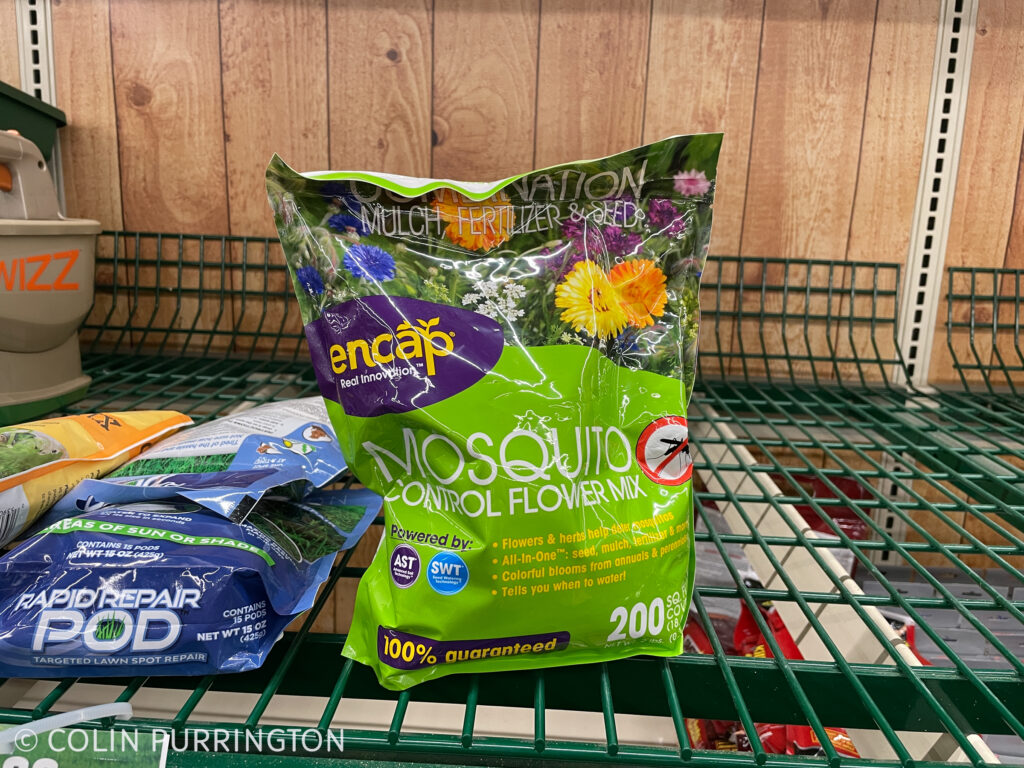
2. Ultrasonic devices and apps
None of these have been found to work (details). It’s too bad. It would be really cool if they did. The FTC has taken some companies to court. There is, however, a device called The Mosquito that is effective at repelling teenagers.
3. Bags of water suspended from ceiling
This belief is common in Mexico, Central America, Spain, and certain pockets in the U.S. south. It’s a variation of the equally-ineffective tradition of hanging bags of water to repel house flies.
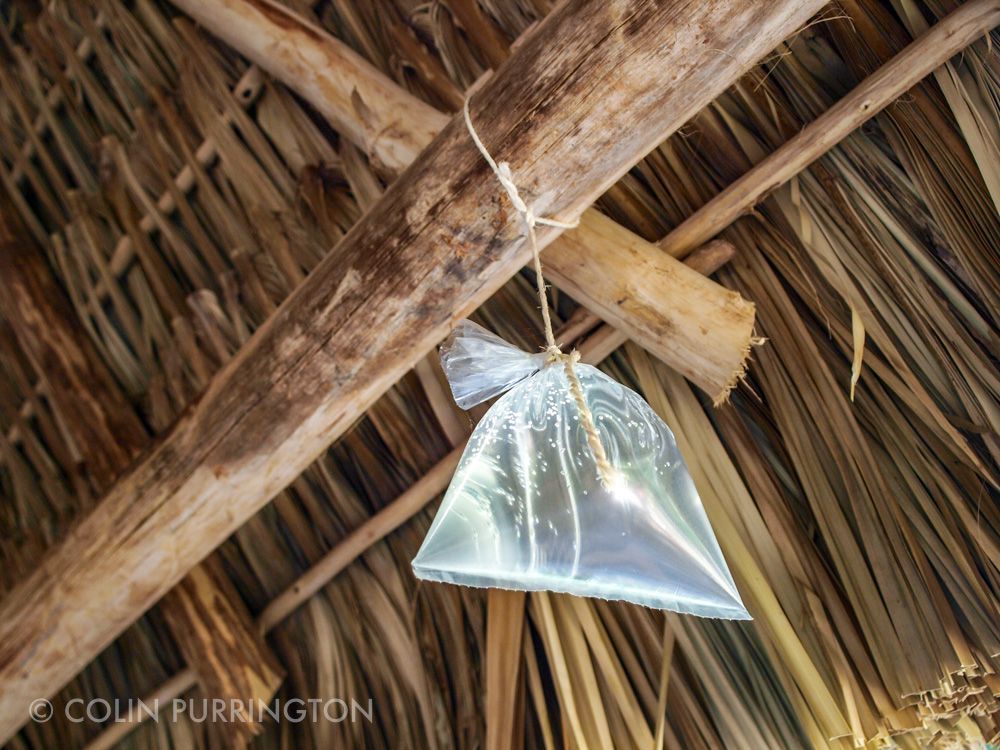
4. Listerine
Nope — even when mixed with other ingredients like beer and epsom salts, spraying Listerine around your yard won’t repel mosquitoes. Just another internet rumor started by somebody with too much free time.
5. Citronella candles
Citronella candles only seem to work if you surround yourself with a lot of them, ideally in a protected area so that wind doesn’t dissipate the smoke. Similarly, Tiki torches that burn citronella-laced oil are ineffective. They smell great, though. The pleasant smell most likely contributes to the strong placebo effect. People absolutely believe they work even though they do not.
6. Bounce dryer sheets
Per one study fungus gnats (which don’t bite) were mildly repelled by dryer sheets. I’d wager these sheets might actually be attractive to mosquitoes because some species home-in on perfumes.
7. Wrist bands with natural oils
At best, wrist bands will reduce the number of mosquito bites on your wrist simply because they can’t bite through the plastic. But they will not emit enough volatile compounds to shield the rest of you. NB: currently there are no wristbands that contain DEET or other CDC-approved repellent. Details.
8. Stickers laced with natural oils
Stickers only prevent mosquitoes from biting the flesh directly underneath the sticker. You’d need an awful lot of stickers for full protection. If you can rock that look, I say go for it. Note, same conclusion for the stickers that claim to infuse your bloodstream with B1.
9. Garlic
Eating garlic does not deter mosquitoes. It just deters other people.
10. Vitamin B1, B6, or B12 pills or patches
Nope, nope, and nope. Details. More details.
11. Mozi-Q pills
Just another scam. Details.
12. Bug Zappers
These devices are adored by people because they make a satisfying crackle when an insect meets its end. Indeed, people who own these seem to delight in the attention these things get when friends come over in the evening. But if you dump all the carcasses on a table and sort them (good family fun), you’ll find that only a very small fraction of the victims will be mosquitoes. In one study, 0.22% were mosquitoes. Mostly you’ve just electrocuted thousands of small, defenseless moths and night-active beetles. That’s a lot of bad karma. More details.
13. Dynatraps
These don’t appear to work. I’ve tried two and can confirm. If you’re still on the fence read some of the many 1-star reviews on Amazon.
14. Tubes of yeast and sugar
Contraptions filled with yeast and sugar are really good at attracting and killing fruit flies, ants, and wasps. They will not control your mosquitoes. One of these (the Spartan Mosquito Pro Tech) has an EPA registration but don’t be fooled it’s still a complete scam.
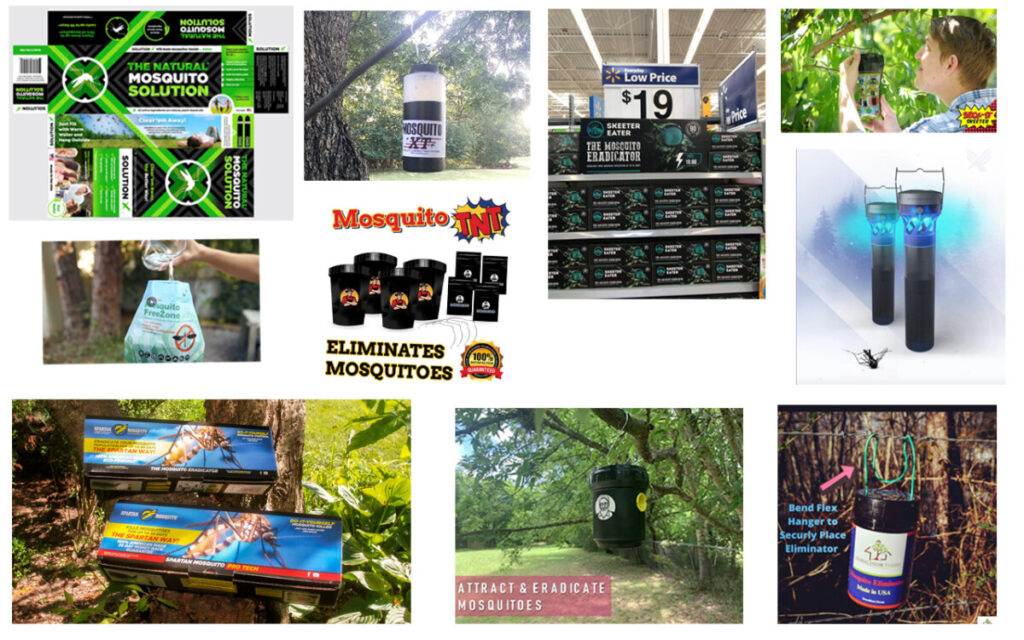
15. Bats and birds
Sadly, it’s a myth that constructing a bat or bird hotel in your backyard will eliminate your mosquito problem. Bats and birds will certainly eat mosquitoes under some circumstances (e.g., when they are caged with nothing else) but under natural conditions they prefer to eat larger insects. You should still construct bird and bat houses, though. Details. Again, I’m just the messenger so please don’t be angry at this news.

